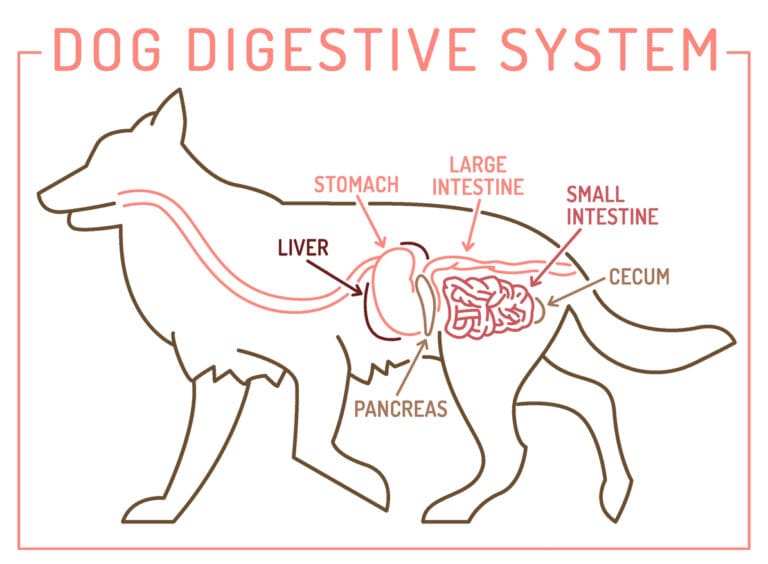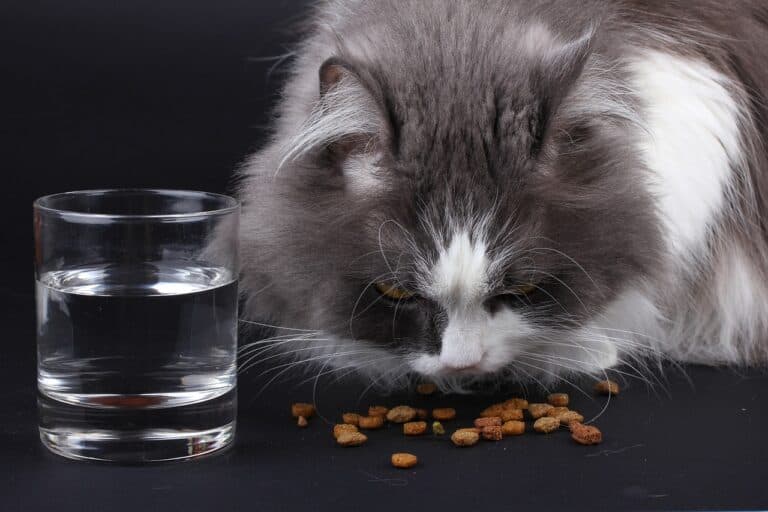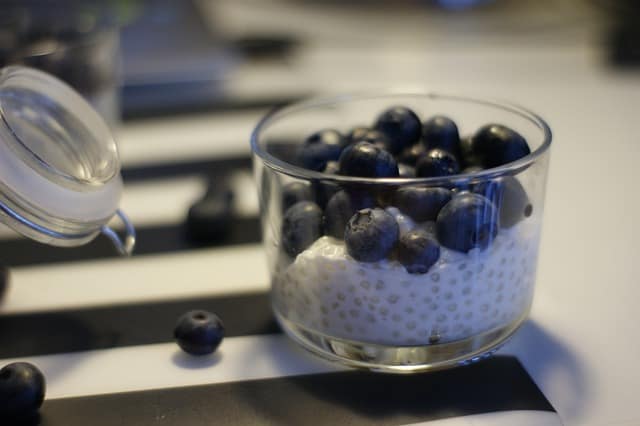The Importance of Hydration in Pets – Ensuring Pets Stay Hydrated
Key Takeaways:
- Hydration is vital for pet health, affecting everything from kidney function to digestion.
- Cats, in particular, have a low thirst drive and benefit from sources of running water.
- Pure Goodness For Happy Tummies from Nutrified can aid in digestive health, making fresh water access even more crucial.
- Understanding your pet’s hydration needs and preferences can prevent dehydration and related health issues.
Hydration is as crucial for our pets as it is for us. It plays a key role in maintaining their health and well-being. This comprehensive guide will delve into why hydration is essential for pets, how to ensure they stay hydrated, and the special consideration needed when using supplements or introducing new foods.
Understanding Hydration in Pets
Water is a critical component of a pet’s body, constituting approximately 60% of their body weight. It’s involved in nearly every biological process, including circulation, digestion, and waste elimination.
Why Hydration is Essential
- Regulates Body Temperature: Pets don’t sweat the same way humans do. They rely on panting and sweat glands in their paws and nose to regulate body temperature. Adequate hydration aids in these processes.
- Supports Kidney and Liver Function: Water helps in flushing toxins from the body. Proper hydration is essential for the functioning of the kidneys and liver.
- Aids Digestion and Nutrient Absorption: Water is crucial for proper digestion. It helps dissolve nutrients so they can be absorbed and utilized by the body.
Signs of Dehydration
Dehydration in pets can be a serious health concern. Signs include lethargy, dry gums, excessive panting, and a loss of skin elasticity. If you suspect your pet is dehydrated, consult your veterinarian immediately.
The Special Case of Cats and Hydration
Cats, particularly those on a dry food diet, often don’t drink enough water. They have a naturally low thirst drive, which can lead to chronic low-level dehydration. This is why providing sources of fresh, appealing water is crucial.
Cats’ Preference for Running Water
Cats often prefer running water as it is less likely to be stagnant or contaminated, which is an instinctual preference from their wild ancestors. Running water sources, like fountains, can encourage cats to drink more.
Dislike for Stale Water
Cats are known to dislike water that’s been sitting for too long. They prefer fresh, clean water, as their instincts tell them that stagnant water might be unsafe.
Why Hydration is Key with Digestive Supplements
- Aids in Toxin Removal: Supplements like “Pure Goodness For Happy Tummies” work to remove toxins from the body. Adequate water intake ensures these toxins are efficiently flushed out.
- Supports Digestive Health: Water helps in the breakdown of food and absorption of nutrients, enhancing the effectiveness of digestive supplements.
Tips for Ensuring Hydration
- Fresh Water Availability: Always ensure your pet has access to fresh, clean water.
- Multiple Water Stations: Especially in multi-pet households, having multiple water sources can encourage more frequent drinking.
- Water Bowls vs. Fountains: Consider using a fountain to provide a constant source of fresh, running water.
- Wet Food in Diet: Incorporating wet food into your pet’s diet can significantly increase their water intake.
- Observe Drinking Habits: Pay attention to your pet’s drinking habits and preferences to ensure they’re consuming enough water.
Encouraging Hydration in Pets
Sometimes pets need a little encouragement to drink enough water. Here are some strategies:
- Flavoring Water: Adding a bit of flavor to the water, like a low-sodium broth, can make it more appealing.
- Routine and Cleanliness: Keep the water bowl in the same place and clean it regularly to encourage consistent drinking habits.
Conclusion
Staying hydrated is a key aspect of your pet’s health. By understanding your pet’s hydration needs and preferences, you can help prevent dehydration and its associated health risks. Remember, when in doubt, consult your veterinarian for the best advice on your pet’s hydration needs.





